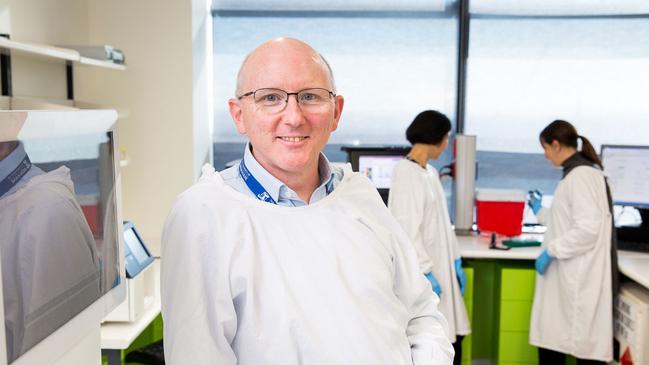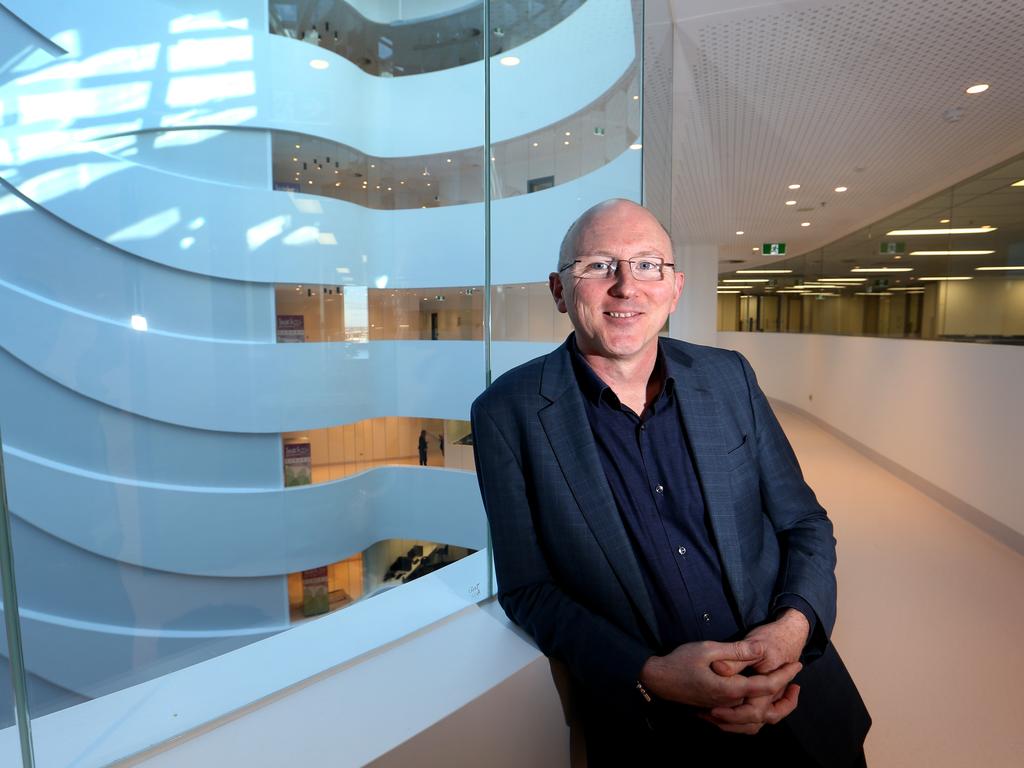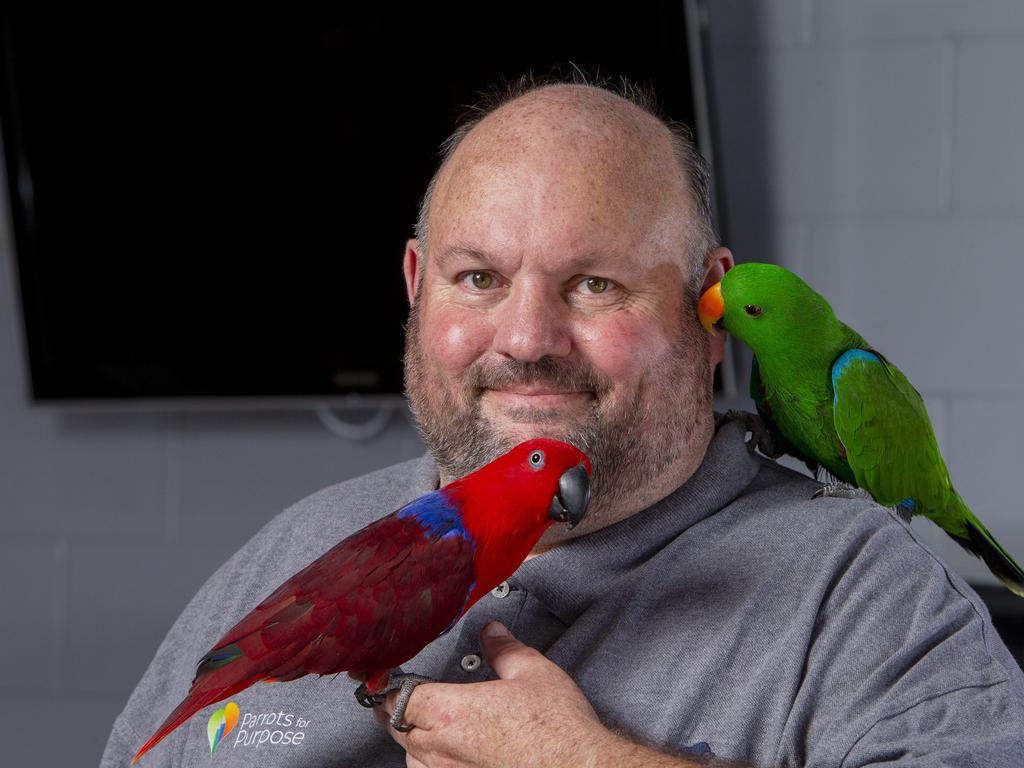UK study reveals huge swath of cancers linked to gene mutations
A landmark study in the UK has revealed widespread genetic variations that were common across some of the most deadly cancers.

Australian scientists are calling for the country to urgently fast-track moves to implement genomic medicine in clinical cancer care after a landmark study in the UK revealed widespread genetic variations that were common across some of the most deadly cancers, paving the way for personalised treatment.
The findings from the study led by Genomics England, based on the biggest cancer genomics database in the world, established that combining health data with whole genome sequence data in patients with cancer could help doctors provide more tailored care for their patients.
UK researchers analysed data covering over 30 types of solid tumours collected from more than 13,000 participants with cancer in the 100,000 Genomes Project, an initiative to provide whole-genome sequencing (WGS) for patients with cancer and to evaluate opportunities for precision cancer care within the UK National Healthcare System (NHS).
In the study analysing 13,880 solid tumours from 33 cancer types, integrating genomic data with real-world treatment and outcome data, it was found that over 50 per cent of tumours harboured one or more gene mutations indicated for testing in a host of cancers including brain cancer, melanoma, head and neck cancers, colon and lung cancers.
In the rare brain cancer glioblastoma, which is currently usually incurable, small gene variants were present in 94 per cent of cases and at least one gene variant in 58 per cent of cases, while sarcoma demonstrated the highest occurrence of actionable structural variants.
Ovarian cancer also had a high level of gene mutations.
The findings were consistent with previous smaller studies, including the Zero Childhood Cancer Program in Australia.
“As genomic testing becomes more widespread, it is essential to combine these data with real-world clinical and treatment data,” the paper reporting the UK findings, published in Nature Medicine, said. “This integration is crucial to advancing our understanding of the long-term impact of clinical cancer genomics on patient outcomes.”
Whole genome sequencing allows scientists to read all of the 3.2 billion letters that make up an individual’s DNA with a single test. For patients with cancer, this technique allows doctors to pinpoint the underlying mutations that cause a cancer to grow, divide and spread.
The 100,000 Genomes Project is designed to lay the foundations in UK for the NHS to become the first national health system to offer WGS as part of routine cancer care.
Although Australia undertakes world-class research in cancer and genomics, experts say this country is well behind England in the race to personalise cancer care using genomics.
“This large UK study shows that patients with rare and complex types of cancer gain significant benefits from access to whole genome sequencing,” said Sean Grimmond, Director of the University of Melbourne Centre for Cancer Research and The Bertalli Chair in Cancer Medicine. “It provides real-word data to show comprehensive genetic tests result in a clearer cancer diagnosis in these cases, while enabling clinicians to select targeted treatment options likely to have the greatest impact.”
“Australia is recognised as a pioneer of cancer whole genome sequencing and precision oncology but we are yet to see these discoveries being implemented on a meaningful scale,” Professor Grimmond said. “The timely implementation of comprehensive molecular testing in solid cancers is being adopted much more quickly in other countries including the UK, Netherlands, USA and Japan.
“We need to overcome this barrier to ensure Australian patients have equitable access to improved cancer genome diagnostics and the expanding repertoire of precision cancer therapies. If we get it right, precision medicine can lead to better patient outcomes and a more efficient and effective health care system.”
The Morrison government in 2022 announced the establishment of a new agency, Genomics Australia, to support the integration of genomic medicine as a standard of healthcare in Australia with an investment of $28.1 million. The body’s expert advisory group is still consulting on its key priorities and functions.
Stephen Fox, the Director of Pathology at the Peter MacCallum Cancer Centre and Professorial Fellow at the University of Melbourne, said Australia’s network of pathology testing was “a really tortured system” which meant it was difficult to make cohesive progress in translating genomics research to the clinic.
“Through the Medical Services Advisory Committee, it’s fee for service which is not integrated to our R&D, which is funded in small bite-sized projects or through some local genomics health initiatives.
“We don’t necessarily stitch all of those programs together in a cohesive ecosystem.”







To join the conversation, please log in. Don't have an account? Register
Join the conversation, you are commenting as Logout